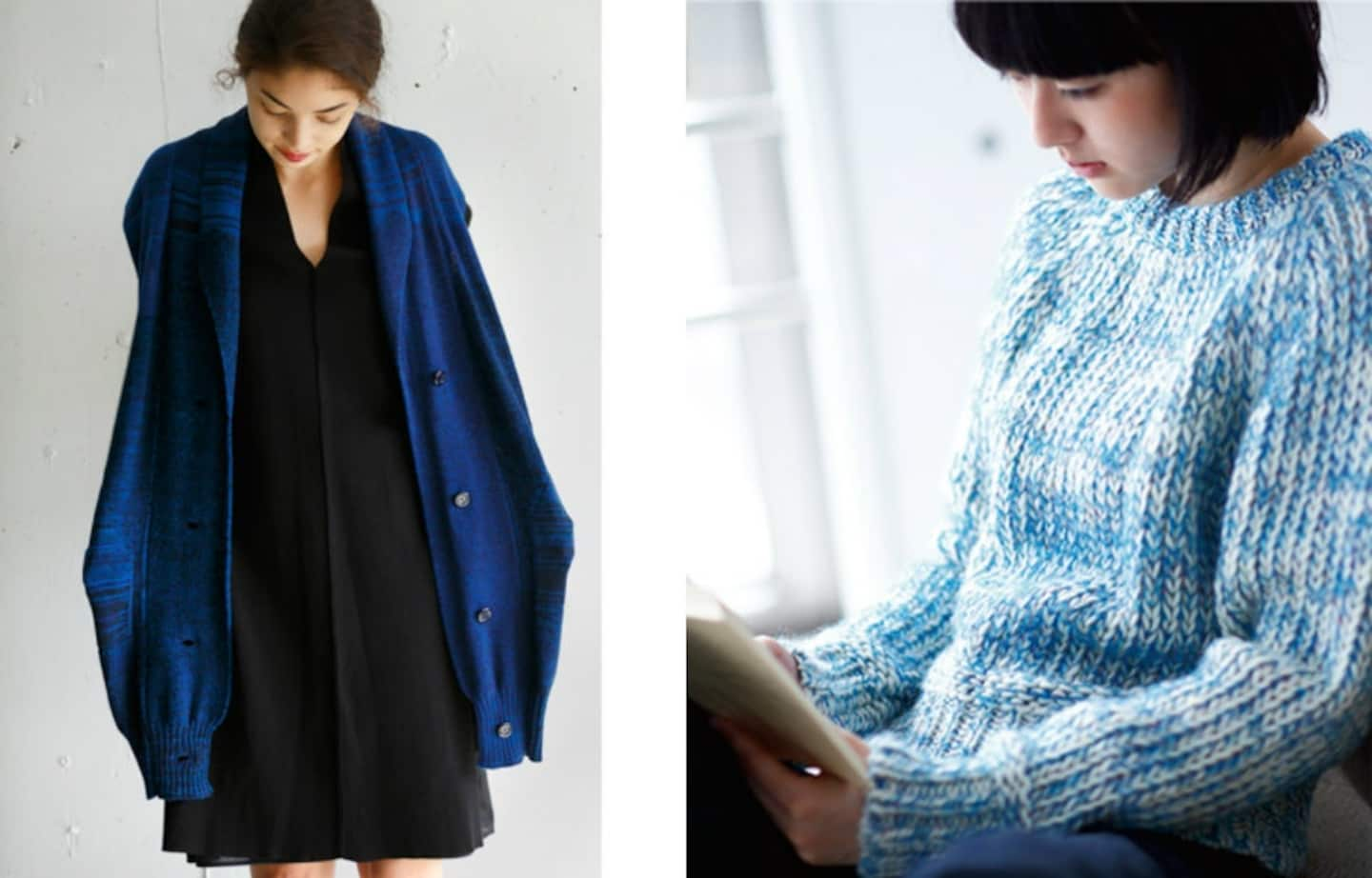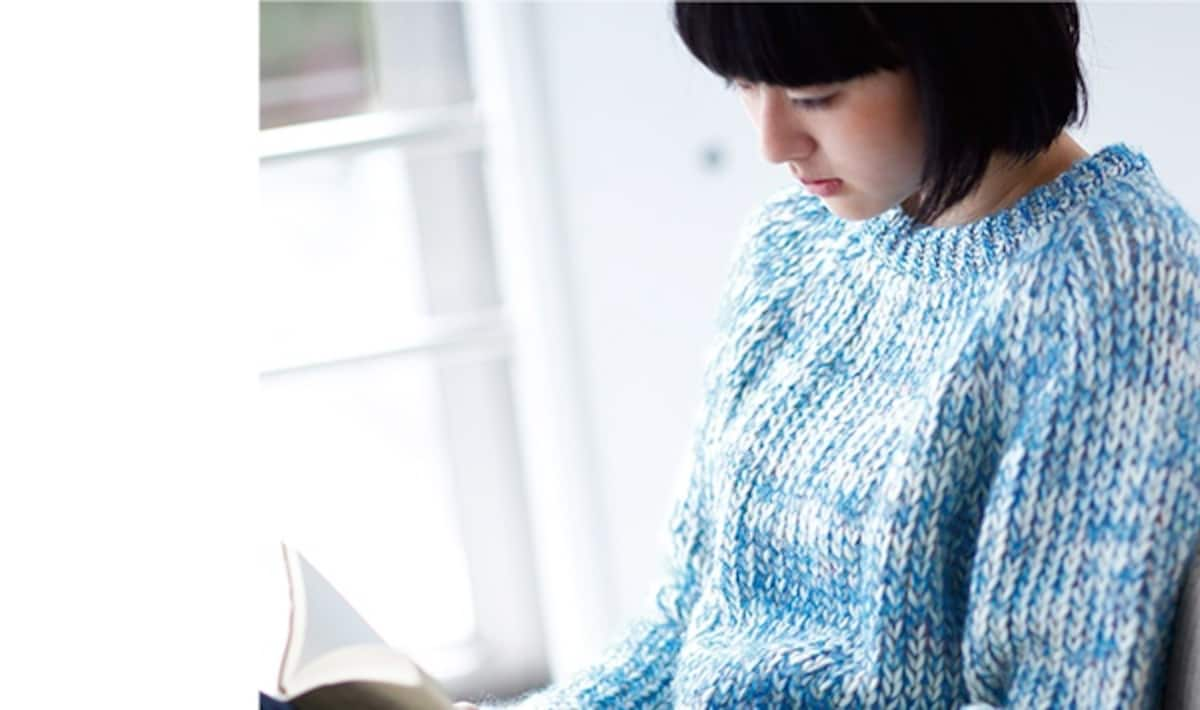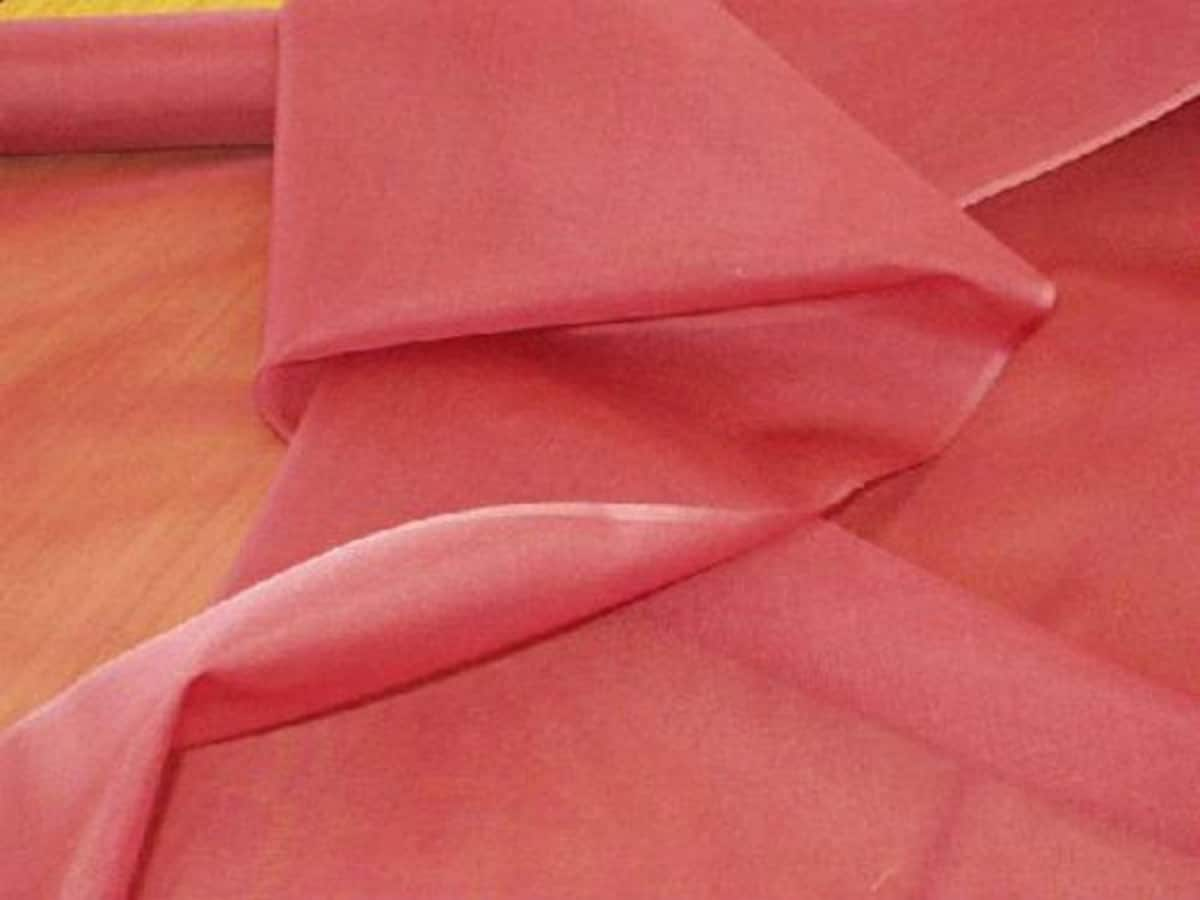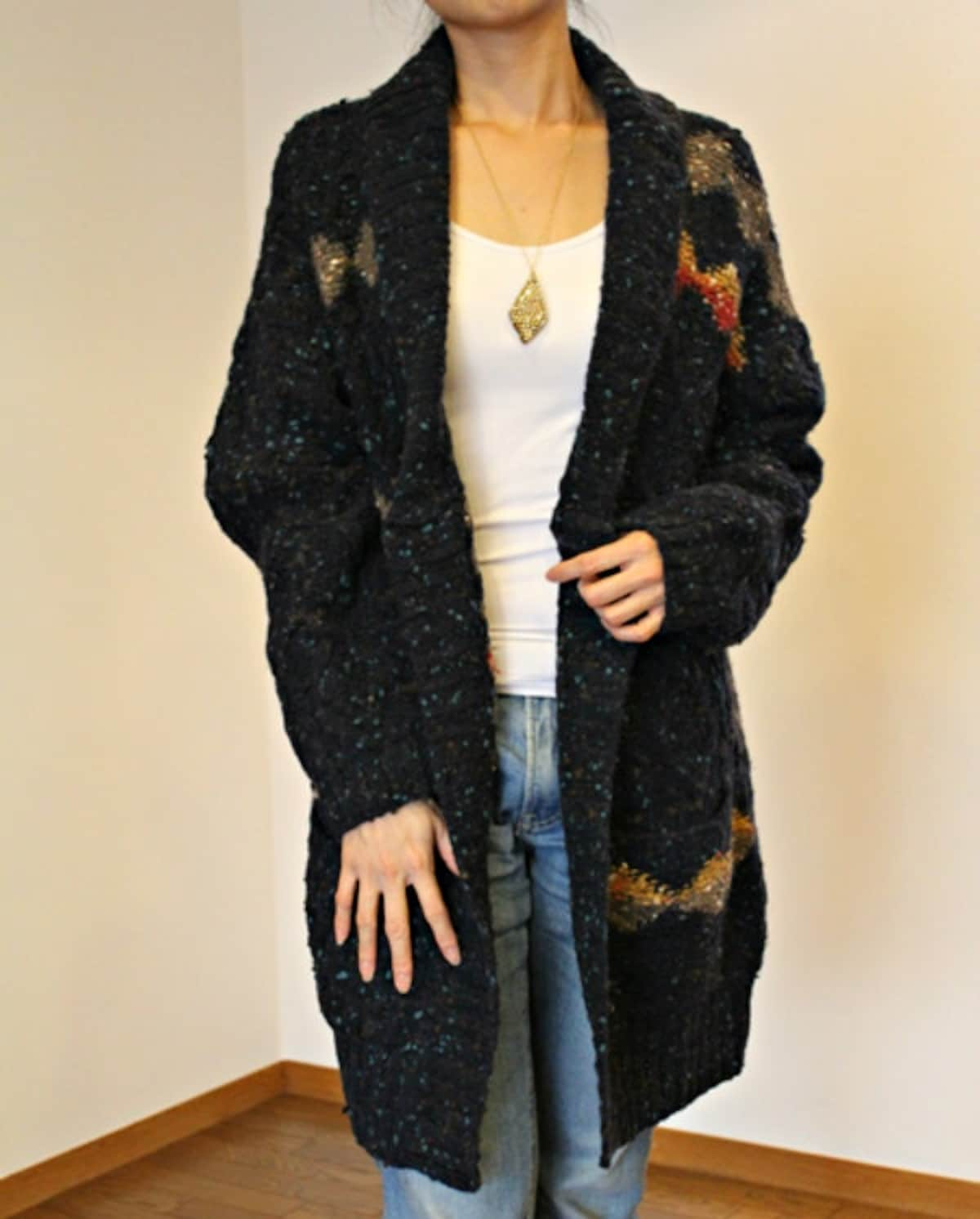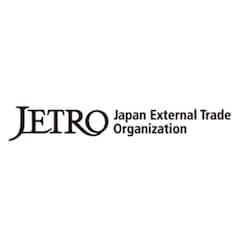4 Textile Companies from the Old School
The textile industry is a vital part of modern existence. But not all textiles are created equally, and despite the industry being largely automated and modern, great skill and human ingenuity are required to set high quality fabrics apart. Here are four companies doing it well by drawing on the old school.
By Meet Japanese Companies with Quality1. Numajiri Textile Laboratory
Old-fashioned fabric techniques are once again setting trends in Japan. Leading the way is Numajiri Textile Laboratory, a company that was formed a decade ago from the ashes of the Hiruma Senkou Company, a color-dye business that had been making Japanese yukata (traditional Japanese garments), innerwear and nightwear since 1903. With traditional 110-year-old tools and know-how at their disposal, Numajiri blended them with modern techniques to create unique jersey materials.
All of the fabrics created by Numajiri are produced on original Japanese machines using traditional methods, which make for an endless array of possibilities when combined with newer yarns and materials. The essence of old Japanese workmanship contained in the cloth gives it a distinct texture—a delicate touch—that the person wearing the garment can feel and sense. Their use of vintage machines and classic techniques also means the material can naturally blend into the contemporary collections of even high-end designers.
2. Sato Seni Co., Ltd.
100 years ago, in Japan's mountainous Yamagata Prefecture, the mostly farming population needed ways to sustain themselves during the long, snowed-in winters. Some, like the Sato family, kept silkworms among the rafters of their homes. In 1932, they broadened their activities by raising sheep for wool, and Sato Seni Co., Ltd. was founded by Chonosuke Sato, the current president's great-grandfather. The company has been spinning yarn ever since.
Each of Sato Seni's four generations of leaders has added its own contribution, and Masaki Sato is no different. He found himself facing an onslaught of cheap yarn and clothing from overseas, which put many Yamagata spinneries out of business. But Sato put his own stamp on the business by diversifying into high fashion, and making Sato Seni a byword for exquisite yarn.
3. Maeda Co., Ltd.
Maeda Co., Ltd., based in Ishikawa Prefecture, has been a part of Japan's silk and textiles industry since 1930, and has been producing textiles since 1958. They originally produced quality silks and natural fabrics for kimono makers and bedding, but over the years, have diversified their lineup to include modern synthetic fibers.
While they still produce silks, cottons and a selection of other natural fabrics of the highest quality, their product portfolio's biggest sellers are synthetics like nylon and polyester, as well as hybrids of natural and synthetic fabrics. Their apparel range of fabrics runs the gamut from lining fabrics to formal suit materials, targeting customers that create everything from casual wear to haute couture. Their home textile fabrics are used for everything from curtains and upholstery to towels and bedding. While the quality does come at a slightly higher price than many of their competitors, Maeda's customers in Japan, as well as abroad, appreciate that age-old truism, "You get what you pay for."
4. Maruyasu Corporation
Maruyasu Corporation is one of Tokyo's only yarn companies, remaining from a time when the industry thrived in the city. The firm first took root in the area of Ryogoku some 60 years ago, among a plethora of vendors selling socks, underwear and other clothing products. But the folks at Maruyasu Corporation displayed the characteristic forward-thinking that has been key to their success over the decades.
They broke away from the norm and began producing yarn targeted more toward the fashionable than the functional. With skills and experience acquired from working with larger apparel firms and major retail stores, they set out to change industry perceptions and offer a fresh variety of styles and textures. With passion, technique and creativity, Maruyasu spun a name for itself as the principal purveyor of innovative Japanese yarn.


